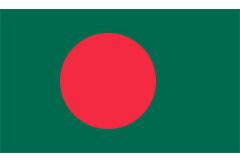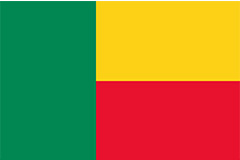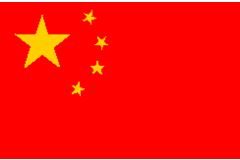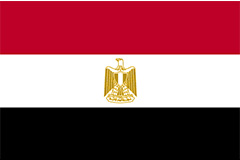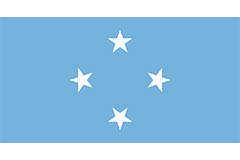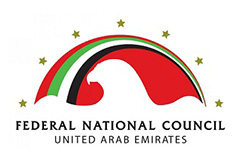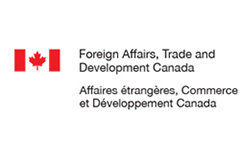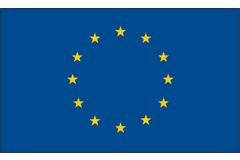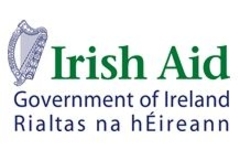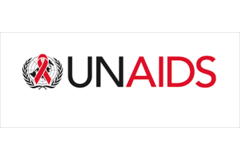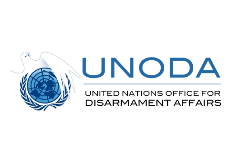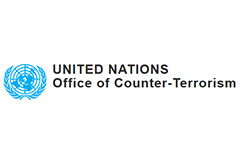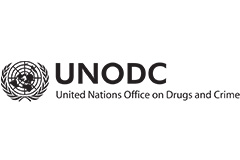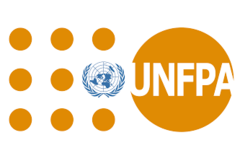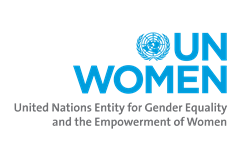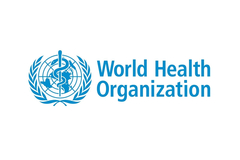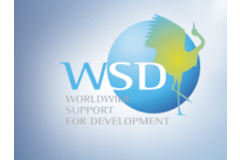Our work to promote peace and democracy is financed mainly by our Members and Associate Members out of public funds. We also receive a growing amount of income from donors, including governments, development agencies, UN bodies and foundations.
The amount our Members contribute is based on their capacity to pay. Our scale of contributions is directly patterned on that of the United Nations, which is calculated from gross national income and other criteria. The IPU scale of assessments is approved by our Governing Council. It can be found in Section 4 of the consolidated budget document.
This system reflects current economic realities and limits the burden of contributions on the least developed countries. Associate Members, meanwhile, contribute 5 per cent of the average contributions paid by the parliaments they represent.
This solid base of contributions from Members and Associate Members supports our basic needs. However, to implement our Strategy for 2022-2026 and meet increasing demands for assistance to parliaments, we aim to mobilize a growing level of external funds. This allows us to expand our work to promote democracy, peace, equality, human rights and development. You can find out who our external donors are below.
